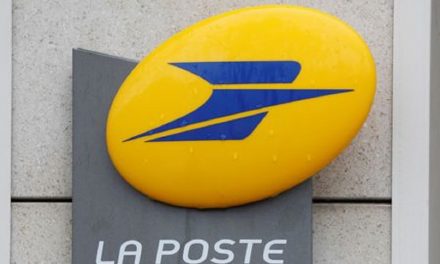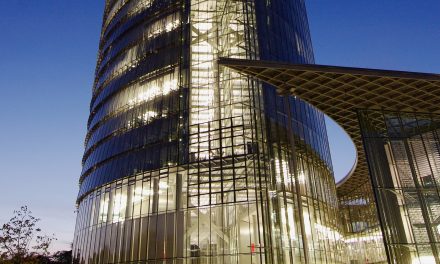
DX Group raises £6.5m in funding
DX Group has announced that it has raised £6.5m in funding which it will use to repay its loan with HSBC and provide for its investment strategy. The £6.5m is comprised of a £2m loan from shareholder Gatemore Capital Management (which Post&Parcel reported on last week), and a £4.5m property transaction.
In a statement issued on Friday (22 September), DX Group announced that it had “exchanged contracts with ChanceryGate (Livingston) Limited to sell and leaseback certain freehold properties for an aggregate cash consideration of £4.5m”.
The DX statement continued: “The Company has been in discussions with Gatemore and HSBC, its bankers, with regards to financing options for the Company’s standalone transformation strategy.
“The proceeds of the Property Transaction and the Gatemore Loan will be used principally to repay the Company’s term loan with HSBC, which is the first step of an essential comprehensive refinancing of the Company.
“The Company is currently in close and constructive discussions with certain key shareholders regarding this broader refinancing.
“This is necessary because the Board has identified a near term material funding requirement, over and above the Company’s existing resources, to address a working capital shortfall, caused by the Company’s recently reduced levels of profitability, and to provide funds for the planned investment into improving the financial performance of the DX business.”
Giving more detail on the Gatemore arrangement, DX said it is “an unsecured £2.0 million bullet loan with simple interest of 10% per annum rolling up from date of advance, which is expected to be 29 September 2017”.
DX said that repayment of the loan is due by 30 November 2017, with no early repayment penalties.
DX added: “The Board had initially included the freight and logistics hub at Willenhall in the portfolio for sale but, following discussions with the proposed directors, management and other stakeholders, it was considered that the Willenhall Hub was a site of potential strategic value to the Company and it would be beneficial to retain the flexibility of continuing to hold the freehold.”












